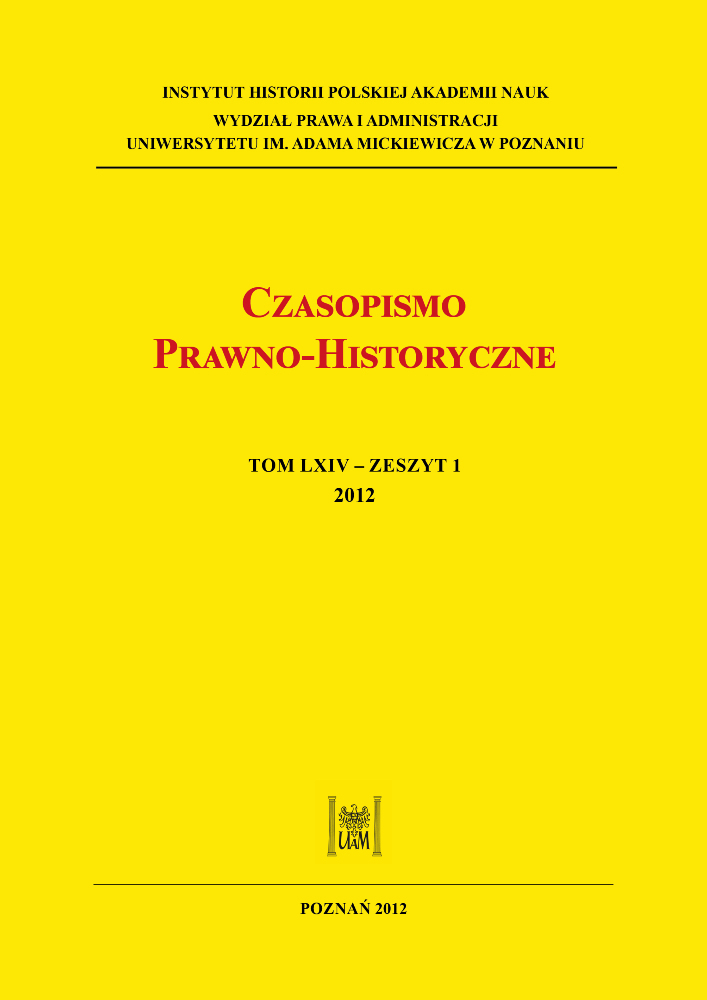Abstrakt
The attitudes of Polish Catholic Church hierarchs and the shaping of their views on the fundamental social and economic institutions of the Second Polish Republic were not free from the influence of the Church’s social teaching that developed at the turn of the20th century. One of the key issues that was widely deliberated was that of ownership. In spite of the fact that ownership was a major social institution, it had been for long neglected in the teaching of the Catholic Church in Poland. However, although ignored during the period of Poland’s partitions, once the country regained independence, land ownership issues became suddenly within the interest among Polish bishops, and increased greatly when the government put forward its proposals of reforms in agriculture. The most conservative views and attitudes on land property and the role of land ownership in the social and economic sphere were then activated and, despite the enlightened opinions of some leading Catholic priests in the period 1918-1939 who followed the teaching o f Pope Pius XI and advocated fair pay, fighting unemployment, working on social legislation, and the idea subsidiarity and corporate attitudes in economy, the majority o f the Polish Episcopate remained steadfast in their utterly conservative convictions, especially on the issue of Church property and its preservation. Thus, the opinions of the few Polish bishops (i.a. Teodor Kubin or Stanislaw Adamski) to the contrary were exceptional and isolated, particularly because even the Holy See treated them as too far advanced and modem.
Licencja
Copyright
© 2012 Wydział Prawa i Administracji UAM w Poznaniu
OPEN ACCESS




